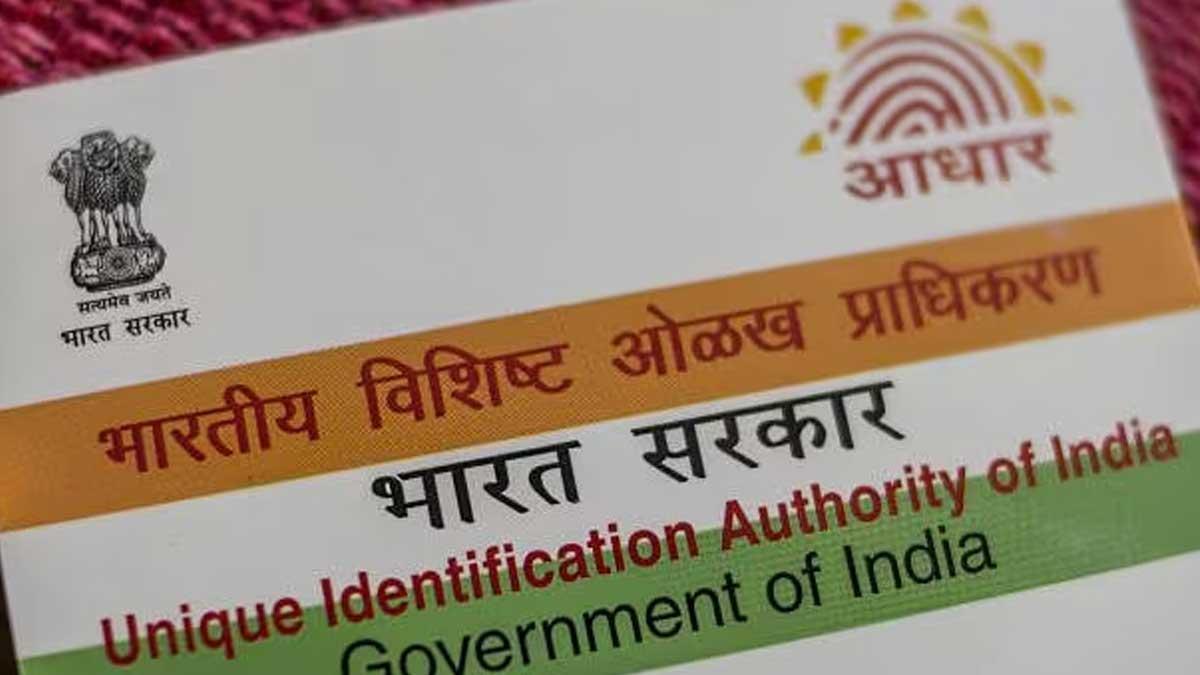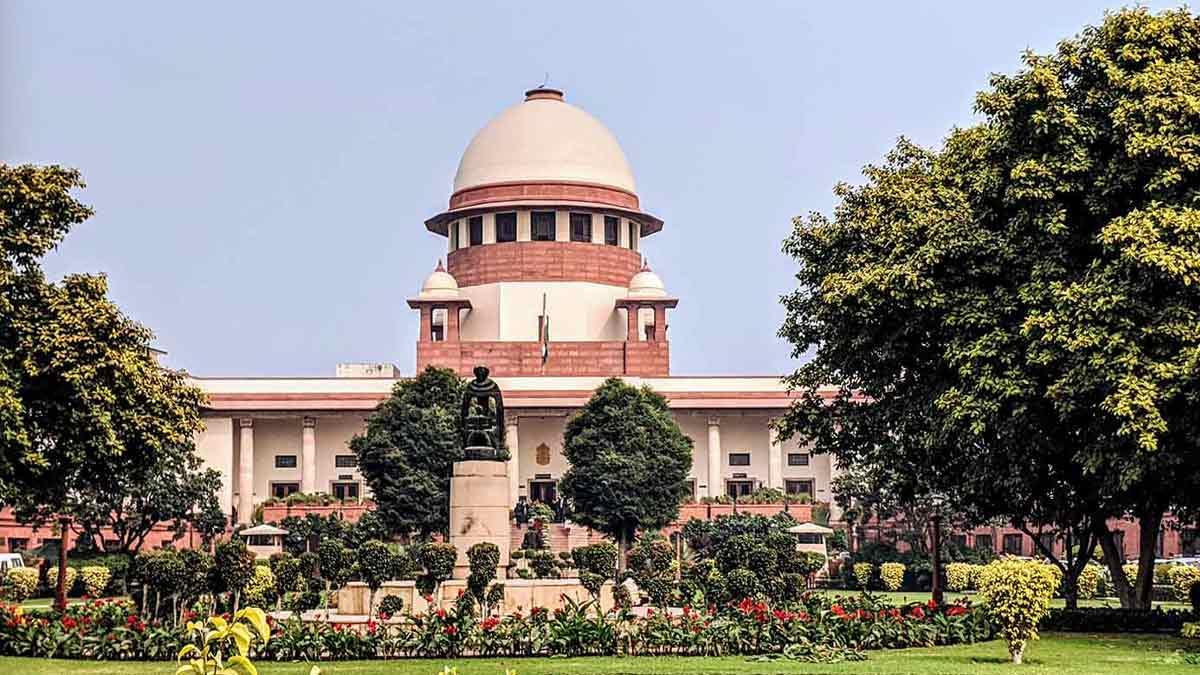In a groundbreaking decision, the Centre has granted the Union Public Service Commission (UPSC) permission to use Aadhaar-based authentication for identity verification. This process, which is entirely voluntary, will be implemented during both the registration phase and at various stages throughout the examination and recruitment processes.
The Ministry of Personnel, Public Grievances, and Pensions stated, “In accordance with sub-clause (ii) of clause (b) of sub-section (4) of section 4 of the Aadhaar (Targeted Delivery of Financial and Other Subsidies, Benefits and Services) Act, 2016, as amended, and rule 5 of the Aadhaar Authentication for Good Governance (Social Welfare, Innovation, Knowledge) Rules, 2020, the Central government authorizes the Union Public Service Commission (UPSC) to conduct Aadhaar authentication on a voluntary basis. This will be used to verify candidate identities during registration on the ‘One Time Registration’ portal and throughout various stages of the examination/recruitment process, employing Yes/No or e-KYC authentication methods.”
The Ministry emphasized that the UPSC must comply with all relevant provisions of the Act, the associated rules, and directives issued by the Unique Identification Authority of India. This development follows the UPSC’s recent decision to annul the provisional candidature of Puja Khedkar, a candidate from the Civil Services Examination 2022, who has also been permanently barred from future exams and selections.
Khedkar, who achieved an All India Rank of 821 in the UPSC exams, faces accusations of abusing her official position. Allegations against her include requesting a separate cabin and staff during her Pune posting, an unanticipated transfer to Washim district, and the use of a private Audi with a red-blue beacon and VIP number plate. Additionally, she is accused of unauthorized use of office space and removal of office furniture.
The UPSC administers the Civil Services Examinations (Preliminary, Main, and Interview/Personality Test) for recruitment to various services and posts, including the Indian Administrative Service, Indian Foreign Service, Indian Police Service, and several other Group ‘A’ services.
In August, the Delhi High Court issued notices to the Delhi Police and UPSC in response to the anticipatory bail plea of suspended IAS officer Puja Khedkar. Khedkar has challenged a district court’s denial of her bail, with the FIR accusing her of falsifying her identity to gain additional attempts in the civil services exam.
Read also | Supreme Court Rejects Challenge to UGC-NET Cancellation


















